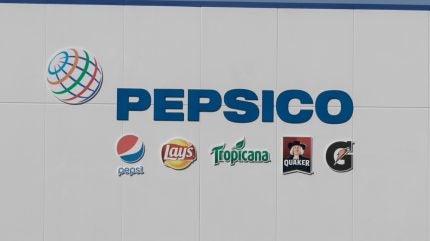
PepsiCo plans to shut down manufacturing, transport and maintenance operations at its Detroit site in the US.
The decision, according to a letter sent by the company to the local mayor, affects over 80 employees. The closure will take place on 27 September.

Discover B2B Marketing That Performs
Combine business intelligence and editorial excellence to reach engaged professionals across 36 leading media platforms.
In a statement send to just drinks, PepsiCo’s Beverages division in the US said: “Our warehouse, fleet, delivery, sales and field service teams will continue to operate at this location. We are committed to supporting those impacted through this transition, and we are offering pay and benefits to impacted employees.”
PepsiCo said it in its letter it had notified all affected employees on 21 July.
Just Drinks asked the business to confirm which products the company produces at the Detroit site, and to explain the rationale behind the closure.
PepsiCo’s produces brands such as Gatorade, Mountain Dew, Lays and Quaker Oats in the US.

US Tariffs are shifting - will you react or anticipate?
Don’t let policy changes catch you off guard. Stay proactive with real-time data and expert analysis.
By GlobalDataLast week, the food and drinks giant said it was seeking to boost its productivity by “integrating” its two-largest businesses in North America – snacks and drinks.
The group’s CEO Ramon Laguarta outlined the plans during its second quarter results presentation. He said the business expected to see “sequential improvement” in revenue and market share through the rest of the 2025 financial year.
“One North America will modernise our company and improve our agility and marketplace competitiveness over time,” Laguarta said in his prepared remarks.
Laguarta implied the integration will include PepsiCo’s Frito-Lay North America reporting and operating division, along with PepsiCo Beverages North America (PBNA), each with revenues in 2024 of $24.8bn and $27.8bn, respectively.
“When it comes to the North America market, we have one new layer of opportunity that is going to give us a lot of opportunities to improve our cost structure over the next three, four years, which is the North America integration,” Laguarta said.
“We have two large businesses, almost $30 billion each that have been operating almost a full value chain side by side. Now, with the investments we’ve made in technology, with the new data that we have in systems, we’re going to start looking at those businesses in a more integrated way to perform some of the value chain tasks in an integrated way.”





